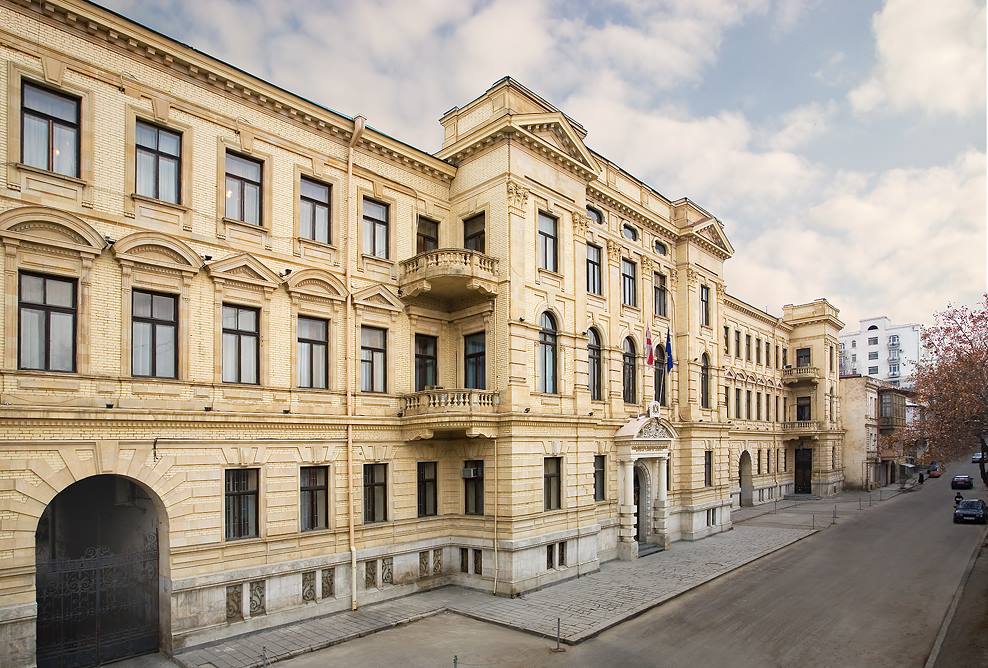A group of 34 Georgian rights activists, lawyers and civil society organizations urges the foreign embassies based in Tbilisi to make sure that their involvement is not misused for legitimizing the Parliament-led process of reforming the selection procedures of Supreme Court judges.
In an open letter on February 21, the group said “actions and flawed reforms of current and former governments, have enabled a small group of judges to take control of the High Council of Justice, which they are using not to improve the judiciary, but to strengthen their power.”
“Public confidence towards the judiciary is declining day-by-day and reform efforts have hit a deadlock,” the letter also reads.
The group then stressed that “it is fallacious to assume” that new selection criteria will redress the “crisis” facing the judiciary. “The only way out of this dire situation is the resignation of members of the so called ‘clan,’ alongside with their 11 supporters in the High Council of Justice, followed by reform of the Council.”
The group also said there is a risk that “the name and the resources” of foreign embassies might be “misused for legitimatizing the process that aims at strengthening the influence of narrow interest groups, instead of serving the purpose of establishing an independent judiciary.”
According to the letter, there are reports that some changes in the Georgian Dream-drafted ammendments bill were based on the recommendations of foreign embassies.
“We are not certain whether this reflects the real context of your meeting with the Parliamentary Chairman, but we hope that you have not voiced your support to the draft without consulting with other stakeholders,” the letter reads.
The open letter, among others, is signed by Georgian Young Lawyers Association, Institute for Development of Freedom of Information, Georgian Democracy Initiative, Transparency International Georgia, UN Association of Georgia* and Human Rights Monitoring Center.
* Editorial note: UNAG is the parent NGO of Civil.ge.
This post is also available in: ქართული (Georgian) Русский (Russian)

